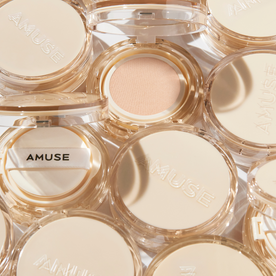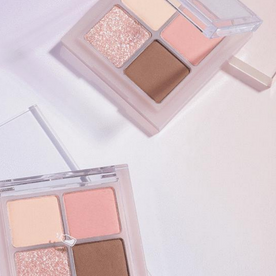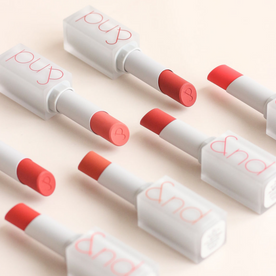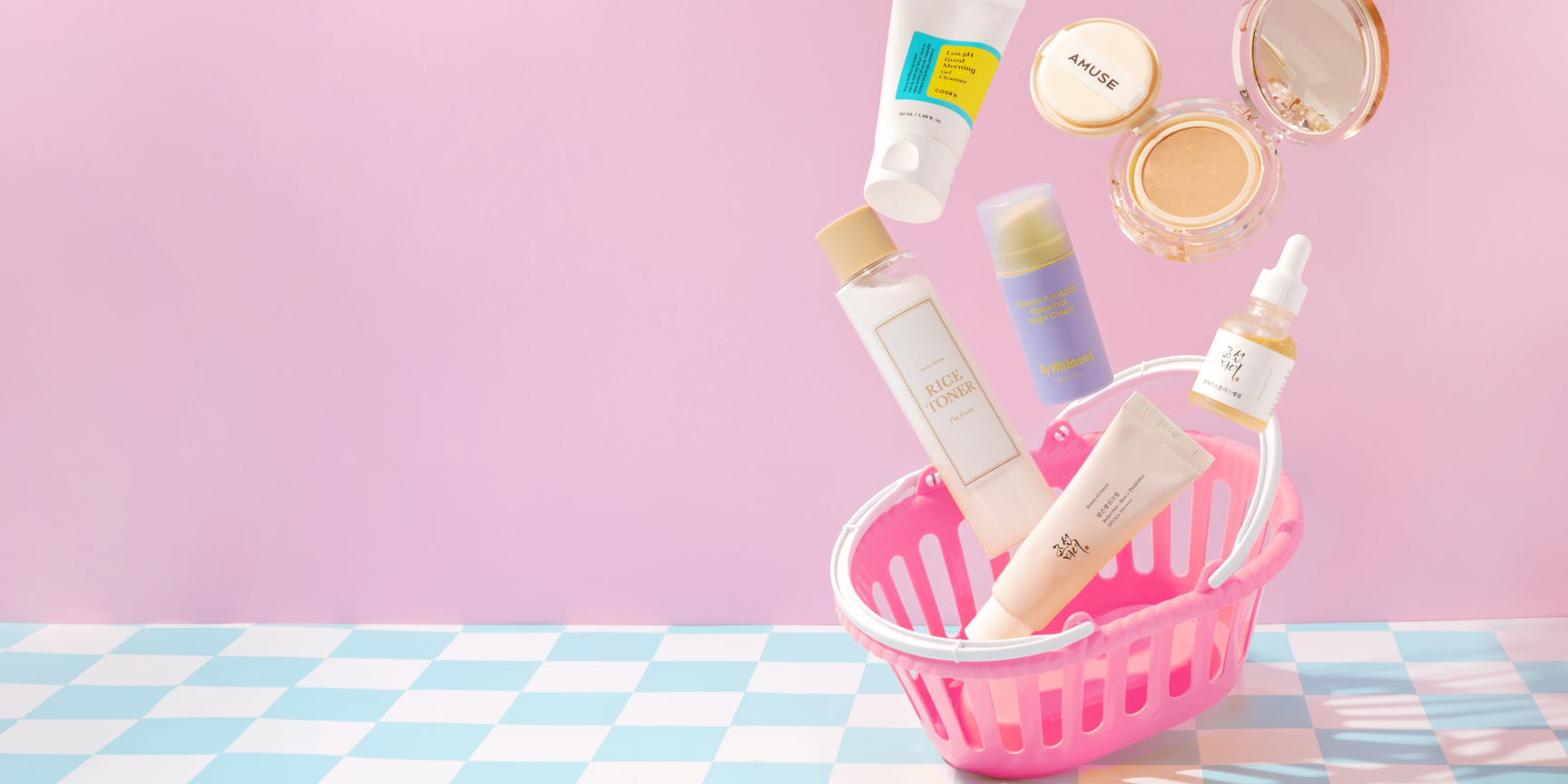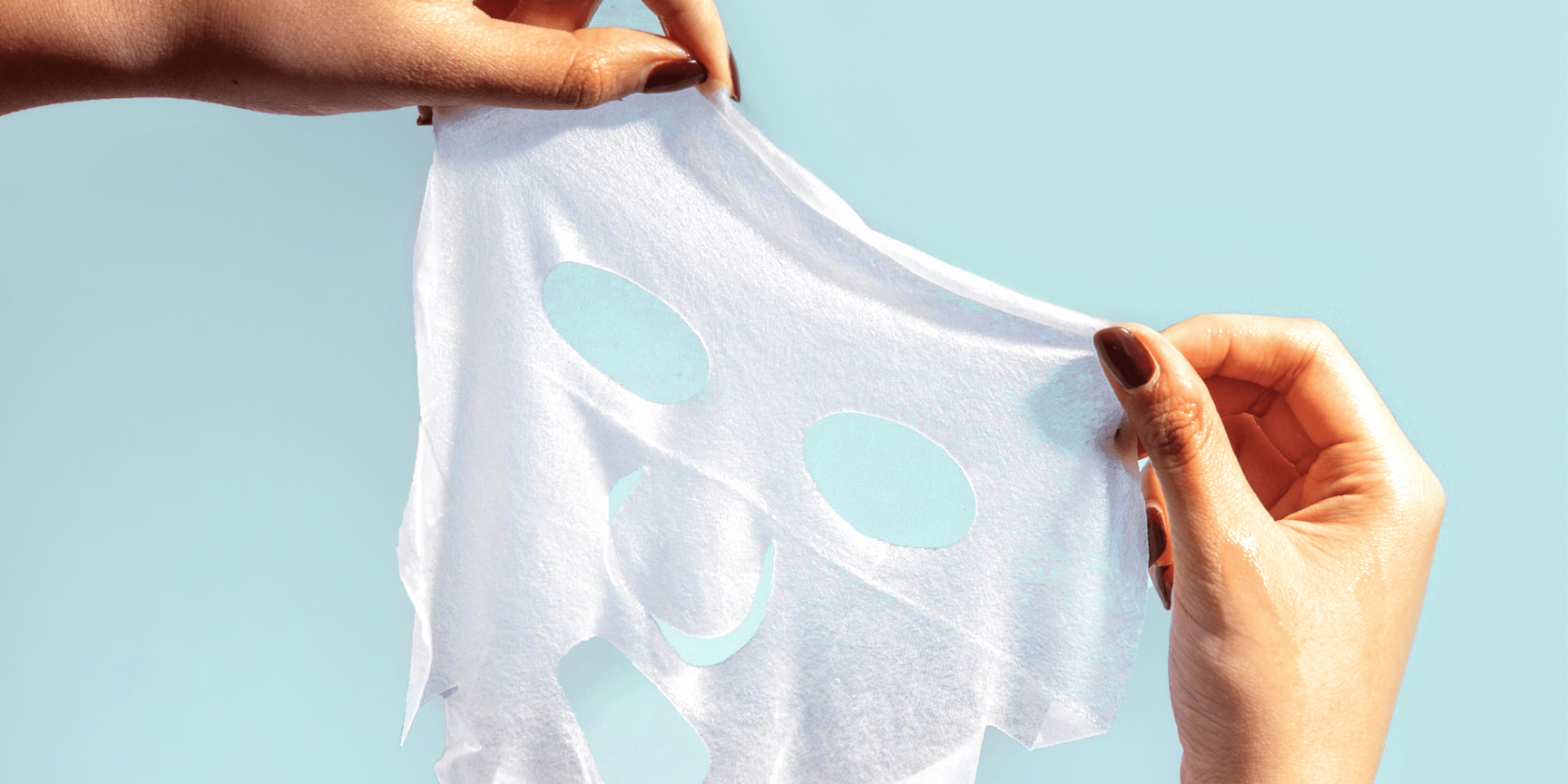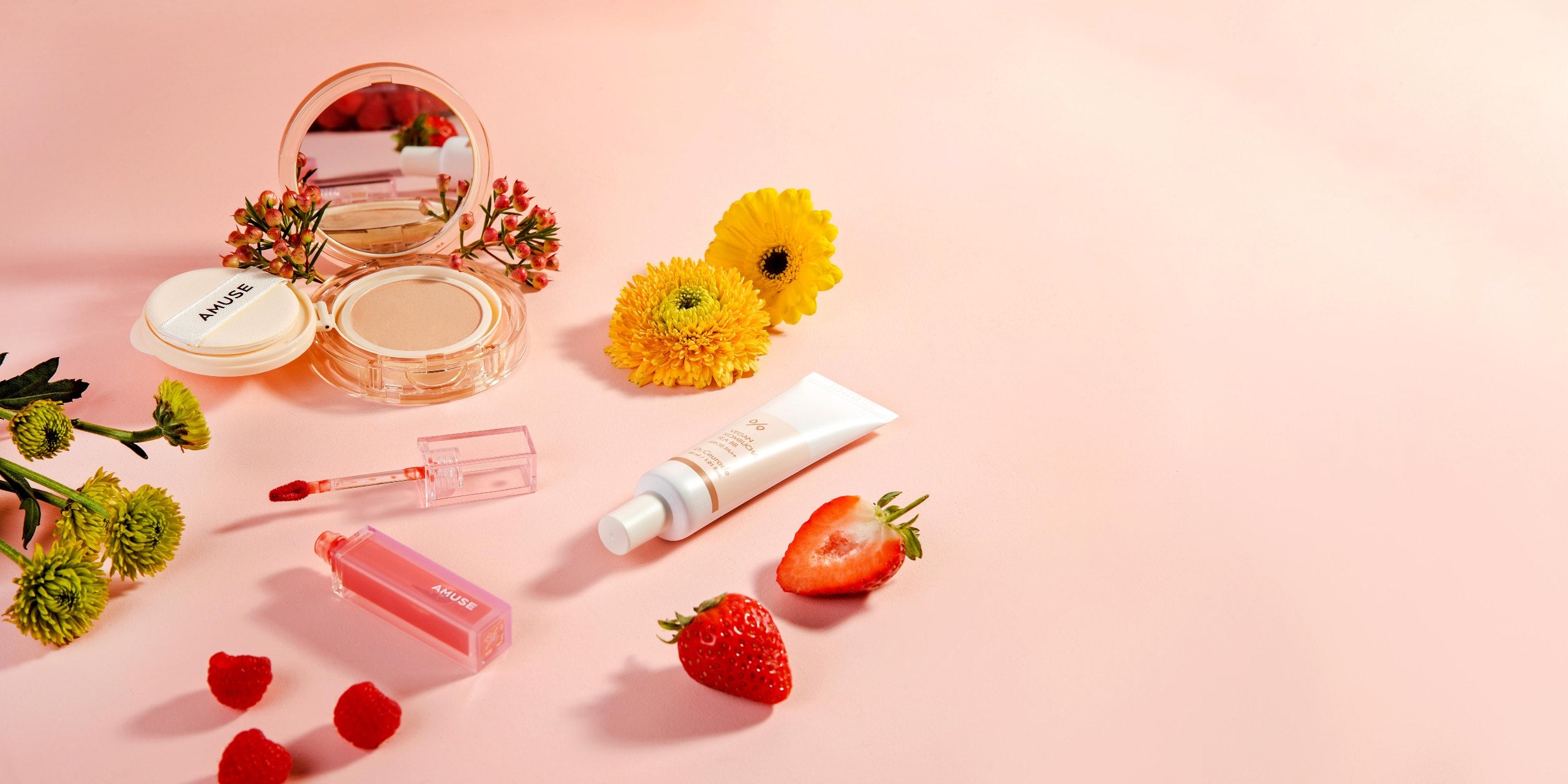Skin Microbiome 101
My skin has what on it ?
Bacteria, fungi, and viruses, oh my! We don’t generally like to think too much about the critters living on and in our bodies, but the truth is that they’re an essential part of maintaining our health.
Your skin, like your gut, is full of bacteria and other microorganisms. Most of them are beneficial. Having a wide diversity of good bacteria is actually key to preventing the growth of pathogens (bad bacteria).
What is your skin microbiome, and what does it do?
There has been a lot of talk about “gut health” these days (drink your kombucha). We’ve learned that a totally sterile environment isn’t good - it can cause all kinds of health issues we’re only realizing now.
Your skin microbiome is an ecosystem of bacteria that’s constantly evolving and interacting with both your environment, and your skin. It helps our immunity, keeps our skin barrier healthy, and acts like a “smart shield”, blocking bad bacteria that can cause acne and skin infections.
How we harm our microbiome
When our microbiome is unbalanced, you can end up with “leaks” in the protection it provides. These can lead to acne, eczema, rosacea, sensitivity, or even accelerated signs of ageing.
A poor diet, being “over-hygenic”, pollution exposure, and reduced time spent in nature (which increases bacterial diversity) means our skin microbiomes are both not diverse enough, and not plentiful enough.
At this particular time (and for good reason), we’re living in a hyper-hygienic world. This is where probiotics come in handy.
All the "biotics"
Probiotics are what you hear about most of the time, and that’s because they’re the main players in maintaining a healthy microbiome. Probiotics are those good bacteria that boost the skin’s defences and crowd out bad bacteria.
In skincare, you’ll see them in your ingredient list as bifida ferment lysate, lactococcus ferment lysate, lactobacillus and other “ferments”. This is because some fermented ingredients are great sources of probiotics, which do everything from strengthening the skin barrier, to reducing acne.
Prebiotics are basically good bacteria food. In your skincare products, there are usually found in the form of plant sugars, which feed the good bacteria and help them to spread and function well.
Lastly, we have postbiotics. These are the beneficial by-products that come from probiotics, like fatty acids and peptides. They further boost the skin’s health, and can have anti-ageing properties.
If having a bottle of squirming bacteria in your skincare cabinet gives you the creeps, you don’t have to worry. Live bacteria need very specific environments in which they can live, and a skincare product that contains preservatives to keep it shelf-stable just isn’t it. Probiotic skincare contains inactivated bacteria which have similar benefits to their live counterparts.
If having a bottle of squirming bacteria in your skincare cabinet gives you the creeps, you don’t have to worry. Live bacteria need very specific environments in which they can live, and a skincare product that contains preservatives to keep it shelf-stable just isn’t it. Probiotic skincare contains inactivated bacteria which have similar benefits to their live counterparts.
Tips for keeping your microbiome in shape
All skincare products can alter your microbiome, so here are some tips on how to keep it healthy:
- Avoid harsh scrubs and cleansers with high levels of surfactants (SLS). These kill good bacteria as well as the bad.
- Don’t dry skin out with strong acne treatments or astringent alcohols. Your microbiome needs some oils and sebum to stay healthy.
- Use pH balanced products. Your microbiome thrives in your natural skin pH level, which is slightly acidic.
- Eat high-fibre and fermented foods. Good for the gut, and the skin.
- Drink enough water and hydrate skin, no matter what your skin type is.
- Replenish your microbiome with probiotic skincare.
- Spend more time outdoors. Exposure to nature increases your biome diversity, and is all-around good for your health.
Choosing skincare that is gentle and balanced is a great way to preserve the integrity of your skin microbiome. Being aware of the good bacteria and using probiotics to nourish them improves the general health and function of your skin.





















